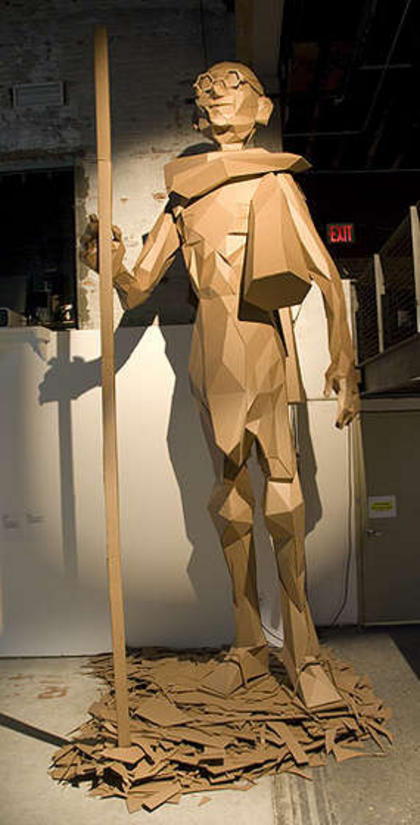I am about a third of the way through Ranma’s sixth season now and I think I’ve identified what keeps me interested in the series even though others find it repetitive. That is, that the fundamentals of the character relationships are why we watch, so changing them would by definition ruin it. Steven pointed out a while back that Ranma is enmeshed in a web of obligations, from which there is no escape, so ultimately Ranma simply avoids resolution and proceeds on his own path, which is to continue to master and innovate in martial arts. The entirety of the character evolution is not what the characters do, or changes in their lives, but in how they feel, and on that basis you can differentiate the characters:
Primary characters: Ranma, Akane. The emotions towards each other do grow each season, though there is ultimately a plateau. There will never be public reciprocation of emotion from Ranma towards Akane as long as Ranma remains bound by his web of obligation, and Akane will never act on her (often transparent) feelings for Ranma due to her own sense of insecurity. Ultimately, they are both forced to wait. However we do see that they have evolved over time. I think by season 6 both are as far as they can go, which is fine because there’s still plenty for both to deal with.
Major characters: Ryoga, Nabiki, Kasumi. All have had episodes where they are the focus, and they have to act out of type and be challenged in a way that they didn’t expect. They do return to their usual behavior afterwards, but those episdoes do demonstrate that they have depth when required.
Minor characters: Genma, Tendo, Mousse, Happosai. All are one-note strings thus far, but it only takes one focus episode to graduate them to the Major status. Happosai did actually get a bit of treatment in season 5, but he is needed to play the eternal joker, so I don’t think he will ever escape. We have also had tantalizing hints of more from Moose, but thus far he hasn’t had his own breakout.
What keeps the series going is that they have a large ensemble cast to gradually graduate from minor to major, and balance that out with incremental evolution of the primary characters. The continuity between seasons (slow rate of change) is probably why the series retained its longevity without ever jumping the shark – there’s a formula, and the show sticks to it, with the innovation not from the basic structure, but rather the details. One example of how the series keeps things new is in the varied forms of martial arts tha Ranma encounters: french cooking, calligraphy, chess, race kart driving, etc. Some of these warrant more episodes than others to explore (in particular the Pate Fois Gras arc, which was brilliantly demented).
It’s interesting to see that the manga industry is worried about what happens when its audience in the US grows up. I think Ranma avoids this conundrum by simply staying the same, so that every new generation gets attracted to it for the same reasons. Whether or not you outgrow Ranma is immaterial; if you like it, you will probably keep on liking it.
